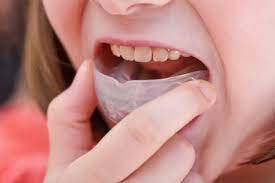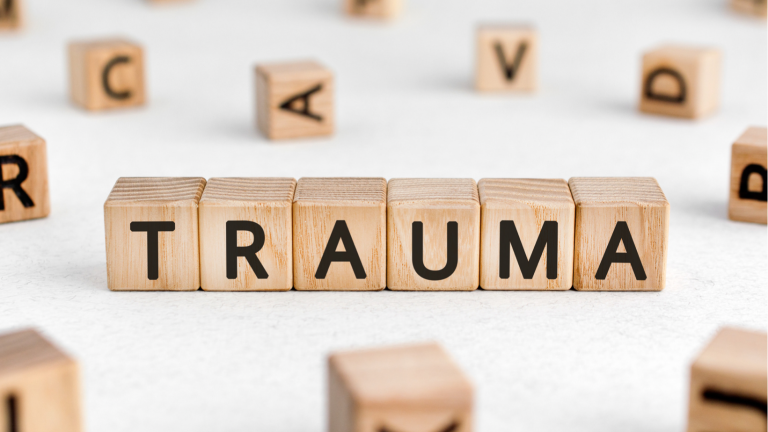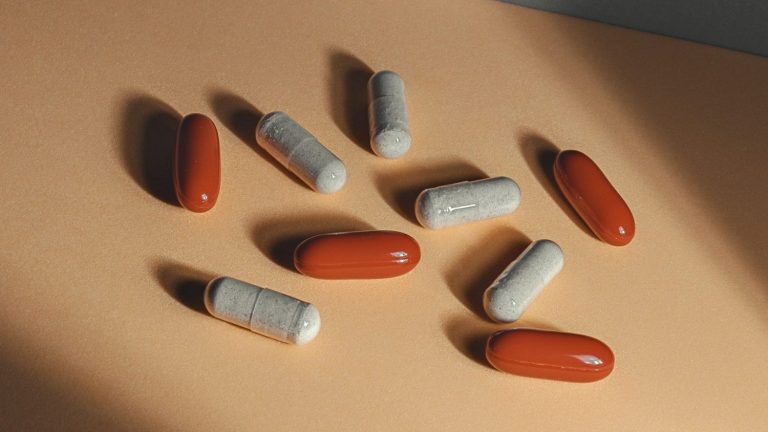Sports Dentistry: Protecting Your Teeth during Physical Activities
Sports have become an integral part of our lives, providing numerous physical and mental benefits. However, along with the thrill and excitement, participation in sports also poses certain risks, especially to our oral health. Dental injuries are common in various physical activities, leading to painful experiences and costly treatments. Sports dentistry, a specialized branch of dentistry, aims to prevent, diagnose, and treat dental injuries related to sports activities. In this article, we will explore the importance of sports dentistry and discuss essential tips to protect your teeth during physical activities.
Understanding Sports Dentistry
Sports dentistry, also known as sports dentistry or dental sports medicine, involves the prevention and treatment of dental injuries that occur while participating in sports. This field of dentistry emphasizes the significance of safeguarding athletes’ oral health, as well as enhancing their sports performance through customized oral appliances and treatments. Sports dentists at a reputable Calgary Dental Clinic possess advanced knowledge and expertise in diagnosing and managing sports-related dental injuries, providing athletes with the necessary care to keep them at their best on and off the field.
Common Dental Injuries in Sports
Participating in sports activities exposes athletes to various dental injuries. Some of the most common ones include:
- Tooth Fractures: A direct impact to the mouth can cause a tooth to fracture, leading to pain and sensitivity.
- Tooth Avulsion: A severe blow to the face may result in a tooth being knocked out completely. In such cases, quick action is crucial to saving the tooth.
- Tooth Displacement: The impact from a fall or collision can cause teeth to be pushed out of their original position, requiring immediate attention.
- Soft Tissue Injuries: Injuries to the lips, tongue, and cheeks can occur due to accidental bites during physical activities.
- Jaw Fractures: High-impact sports can sometimes lead to jaw fractures, necessitating immediate medical attention.
Protective Measures
To ensure that your teeth remain safe during physical activities, consider the following protective measures:
- Wear a Mouthguard: Custom-fitted mouthguards are one of the most effective ways to protect your teeth while playing sports. They provide a cushioning effect, reducing the risk of dental injuries.
- Helmets for High-Contact Sports: For sports involving physical contact or the possibility of falling, wearing appropriate helmets can safeguard your head and mouth from serious injuries.
- Facial Protection: In sports like hockey and football, adding a face shield or cage to your helmet can provide an extra layer of defense for your teeth and facial area.
- Proper Technique and Training: Learning and practicing the correct techniques for your sport can minimize the risk of accidental collisions or falls.
- Regular Dental Check-ups: Routine dental check-ups are essential to identify any potential issues and ensure your teeth are in optimal condition before engaging in physical activities.
Immediate Action for Dental Injuries
In case of a dental injury during sports, taking immediate action is crucial:
- Tooth Avulsion: If a tooth is knocked out, rinse it gently with water (without scrubbing), and try to place it back in its socket. If that’s not possible, keep it in milk or between the cheek and gums and seek dental attention promptly.
- Tooth Fractures or Displacement: Rinse your mouth with warm water and apply a cold compress to the affected area to reduce swelling. Visit a dentist immediately.
- Soft Tissue Injuries: Clean the area gently with water and apply pressure to control bleeding. If the injury is severe, seek medical attention.
Conclusion
Sports dentistry plays a vital role in ensuring the well-being of athletes by protecting their teeth and oral health during physical activities. Dental injuries can be painful and may lead to long-term complications if not managed properly. By wearing mouthguards, helmets, and other protective gear, and seeking immediate dental attention when needed, athletes can enjoy their favorite sports with confidence and minimize the risk of dental injuries. Remember, a healthy smile contributes to a successful and enjoyable sporting experience.





